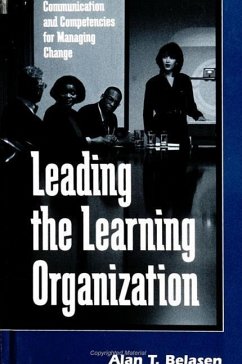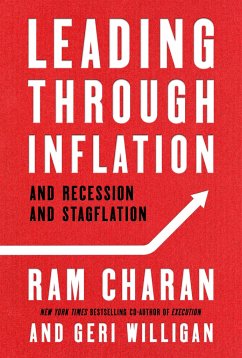
Leading Cultural Change
The Theory and Practice of Successful Organizational Transformation
Versandkostenfrei!
Versandfertig in 1-2 Wochen
51,99 €
inkl. MwSt.
Weitere Ausgaben:

PAYBACK Punkte
26 °P sammeln!
With coverage of the major theories and concepts alongside diagnostic tools and a practical framework for implementation, Leading Cultural Change will help the reader analyse and diagnose their current organizational culture, become aware of the key challenges and how to overcome them and learn how to adapt their leadership style, ensuring they are fit to lead a cultural change programme. Taking in core topics such as change context, language and dialogue as a key cultural process and the change team process, it uses a longitudinal case study of Cordia, a public sector organization transitioni...
With coverage of the major theories and concepts alongside diagnostic tools and a practical framework for implementation, Leading Cultural Change will help the reader analyse and diagnose their current organizational culture, become aware of the key challenges and how to overcome them and learn how to adapt their leadership style, ensuring they are fit to lead a cultural change programme. Taking in core topics such as change context, language and dialogue as a key cultural process and the change team process, it uses a longitudinal case study of Cordia, a public sector organization transitioning into an LLP, to enhance learning and understanding. Leading Cultural Change is a unique text, rooted in behavioural sciences, which explores the topic as an organizational necessity to achieving sustained competitive advantage.














